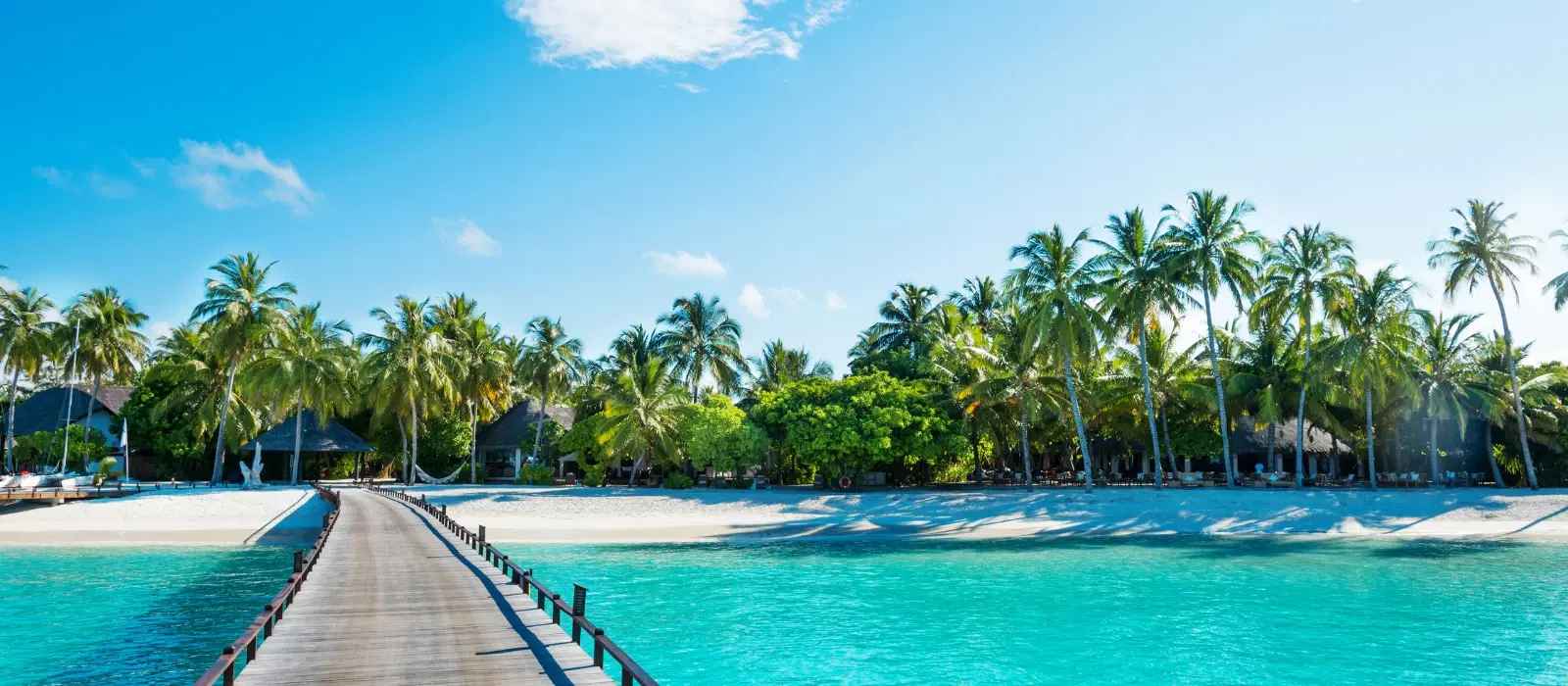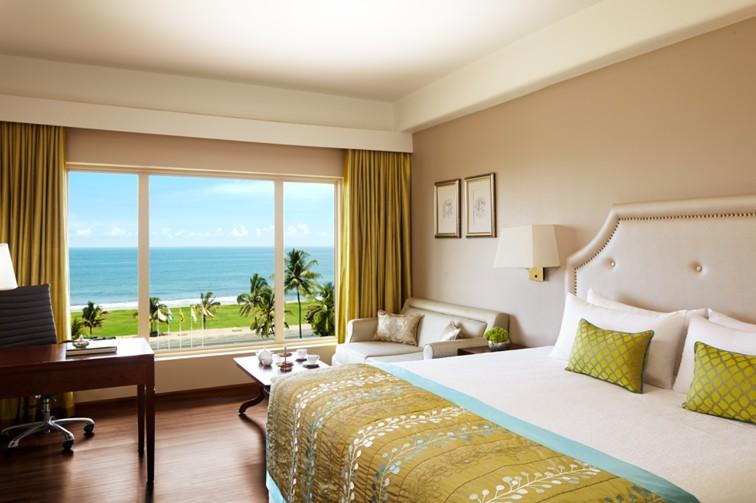
Hotels
•04 min read

Imagine an island nation of over a thousand jewels scattered across the shimmering blue of the Indian Ocean. The Maldives, a tropical paradise known for its unique coral atolls and picturesque island formation, is home to approximately 1,192 islands. Whether you are a traveler seeking your next adventure, a researcher intrigued by island geography, or simply a wanderer with a passion for exploration, knowing how many islands are there in Maldives can enhance your journey and deepen your understanding of this spectacular archipelago.
An archipelago is a group of islands closely scattered in a body of water. The Maldives perfectly fits this definition; its chain of coral islands is gracefully distributed across the Indian Ocean. This formation not only creates breathtaking scenic vistas but also supports diverse marine life and ecosystems.
The Maldives boasts a total island count of approximately 1,192 islands. These islands are categorized into atolls, inhabited islands, resort islands, and uninhabited islands. This classification is crucial to understanding both the geography and the rhythm of life in the Maldives.
Out of the 1,192 islands, around 200 are inhabited. These islands are hubs of local culture, vibrant traditions, and everyday life. Walking down the narrow lanes of these islands provides a glimpse into the Maldives’ rich heritage and the warmth of its people, making them especially enticing for those who love authentic cultural experiences.
Over 150 islands in the Maldives have been developed into serene resort islands. These islands emphasize luxury, tranquility, and indulgence, drawing enthusiastic travelers from India and beyond. They stand as symbols of the Maldives island resorts trend that has redefined tropical getaways for countless wanderers.
The remaining islands are uninhabited, playing a pivotal role in the nation’s ecology. Often untouched by human activity, these islands are important sanctuaries for wildlife and marine life. They also hold potential for future development, should the need arise, while preserving their natural state remains a priority.

Modern technology makes it easier than ever to explore the Maldives island geography. Digital maps, such as the ones available on Google Maps and official Maldives tourism websites, offer detailed views of the islands in Maldives map. These tools allow you to zoom into specific atolls, recognize island codes, and plan your route efficiently.
Atolls are naturally occurring ring-shaped coral reefs that encircle a lagoon. In the Maldives, atolls group multiple islands together. For instance, major formations like Kaafu Atoll and Baa Atoll are well-known for their distinct beauty and structured layout. This grouping not only draws tourists but also intrigues geography enthusiasts who are keen to understand island formation.
The Maldives also adopts a systematic approach by assigning specific codes and names to its islands. This structured naming system has been instrumental for researchers and travelers alike, ensuring that every island – whether uninhabited or developed as a resort – can be identified with ease.
The formation of these islands is a marvel of nature. The process begins with coral reef development followed by gradual changes in sea levels which cause the reefs to emerge as islands. This natural progression over millennia underpins the Maldives island formation, creating the idyllic scenery seen today.
The Maldives holds the title of the world’s lowest nation. With its islands barely rising above sea level, the unique geography poses remarkable environmental challenges. Despite these challenges, the Maldives remains a captivating study of resilience and natural beauty.
Insight Corner: Did You Know? The Maldives is home to 26 atolls, each consisting of multiple islands that form a stunning ring-shaped reef structure.
For those planning to visit, here are five must-visit islands that capture the essence of the Maldives. These include a mix of resort islands known for their luxury, and inhabited islands that serve as windows into the local culture. Each destination promises a unique blend of scenic beauty and cultural heritage that resonates with both the wanderer and the planner alike.

Locating islands with resorts is as simple as using online booking platforms and travel guides. These resources often provide detailed insights into the Maldives island resorts experience, offering information on everything from local attractions to dining options. This makes planning a trip both exciting and straightforward for the busy professional and luxury seeker.
Beyond the beaches and resorts, the inhabited islands of the Maldives are vibrant with local culture and traditions. Experience traditional crafts, savor local cuisine, and immerse yourself in the time-honored customs that define island life. The blend of modern comforts with deep-rooted traditions creates a memorable experience that resonates with every type of traveler.
The Maldives consists of approximately 1,192 islands, though the exact count may vary slightly due to geological and environmental changes.
The Maldives is the world’s lowest nation. Less than a fifth of the islands are inhabited. The country consists of 26 atolls. It has been a holiday destination for only 50 years. The islands are formed from coral reefs.
The Maldives is an independent country located in the Indian Ocean, southwest of Sri Lanka and India.
Over 150 islands in the Maldives are dedicated to resorts, offering luxurious accommodations for tourists.
The population of the Maldives is approximately 500,000, with the majority residing on inhabited islands.
By understanding the Maldives archipelago and diving into its unique island count, you gain a deeper appreciation for both its natural beauty and cultural richness. From the geological processes that give birth to coral islands to the vibrant life on the inhabited islands, every facet of the Maldives tells a story of resilience, beauty, and wonder. Whether you are mapping out your next travel adventure or exploring the geography for research purposes, this guide provides a comprehensive look at how many islands are there in Maldives and what each category brings to the table.